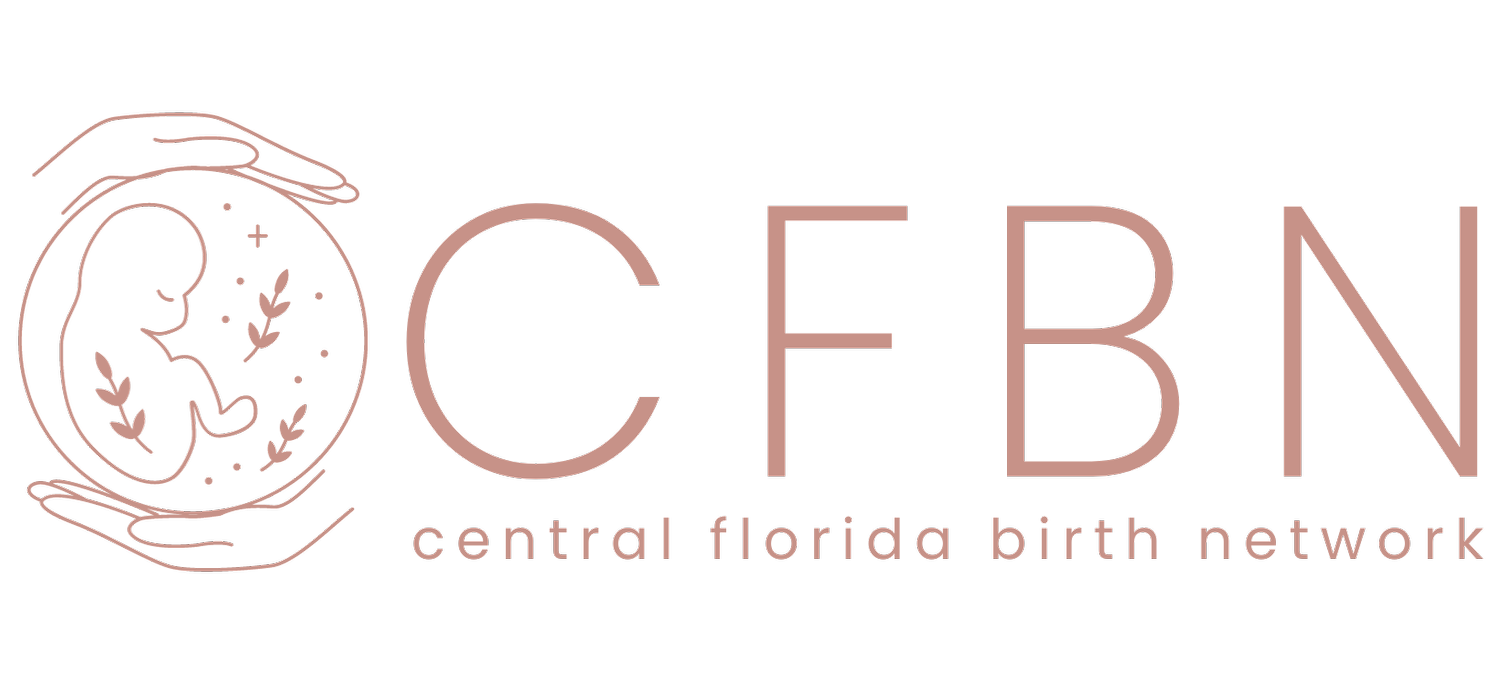Hypertension in Pregnancy: The Critical Role of Birth Workers in Maternal Health and Postpartum Care
Hypertensive disorders in pregnancy including chronic hypertension, gestational hypertension, and preeclampsia, are among the leading causes of maternal morbidity and mortality in the United States. As birth workers, understanding the implications of hypertension on maternal health, lactation, and postpartum care is essential in supporting clients during the perinatal period.
Maternal Health Impact
Hypertension in pregnancy places significant stress on the cardiovascular system and increases the risk of complications such as placental abruption, stroke, preterm birth, and organ damage.
Preeclampsia, in particular, can emerge suddenly and progress rapidly, and in some cases may even occur after birth. Black, Indigenous, and other marginalized populations face disproportionate risks due to systemic healthcare inequities. This makes culturally competent, vigilant care essential.
4th Trimester: A Critical Window
The first 12 weeks postpartum, also known as the 4th trimester, are a vulnerable time, especially for those who experienced hypertensive disorders in pregnancy. Blood pressure may remain elevated or fluctuate unpredictably. Birth workers can play a pivotal role in reminding families about warning signs (such as headaches, vision changes, or swelling), encouraging self-monitoring of blood pressure, and validating concerns that may be minimized in clinical settings.
Continuity of Care with a PCP
Birth workers, whether clinical or non-clinical, all have an important role in reducing maternal health disparities and improving maternal health. We can all support mothers by encouraging them to attend their postpartum checkup, monitor their blood pressure if it was elevated during pregnancy, and follow up with their primary care provider (PCP) after the standard 6–8-week postpartum visit.
Reestablishing care with a primary care provider is a vital, yet often overlooked, part of postpartum recovery. Women with pregnancy-related hypertension have an increased lifetime risk of cardiovascular disease, stroke, and chronic hypertension. Timely follow-up with a PCP ensures long-term monitoring, lifestyle counseling, and risk reduction. Bridging the gap between obstetric care and ongoing wellness is key to improving overall health.
Hypertension and Breastfeeding
While most individuals with hypertension can successfully breastfeed, hypertensive disorders during pregnancy such as preeclampsia or gestational hypertension can sometimes delay lactogenesis II, the process of mature milk “coming in”; Stress, fatigue, and the physical demands of recovery may also impact milk production and a mother’s confidence in breastfeeding. However, early skin-to-skin contact, compassionate and nonjudgmental support, and encouraging frequent nursing or pumping can help overcome these challenges.
Breastfeeding also supports long-term maternal heart health. Studies show that women who breastfeed have a lower risk of developing heart disease and stroke later in life. Even breastfeeding for a short time can offer these protective benefits. Breastfeeding aids the body’s recovery after childbirth, helps balance hormones, and supports a healthy metabolism. For those who experienced high blood pressure during pregnancy, breastfeeding can be an essential part of staying healthy in the years to come.
Your Role as a Birthworker
As trusted allies, birth workers are uniquely positioned to advocate for comprehensive postpartum care. Whether reminding a client to schedule their 6-week follow-up, helping to recognize postpartum symptoms, or referring them to a lactation consultant or PCP, your influence can change outcomes. This is especially true for those who have experienced hypertensive disorders of pregnancy.
Let’s center postpartum care not as an afterthought, but as a cornerstone of maternal health.
Contributing Writer(s) for CFBN: Dr. Kelly Martinkus of Central Florida Breastfeeding Medicine and Primary Care, PLLC. This content may contain opinions that may or may not be shared by all CFBN Members. The content provided on this blog is for educational purposes only and should not be construed as medical advice; it is not intended to replace consultation with a qualified medical health professional.
About the Author
Dr. Kelly Martinkus is a medical doctor and board-certified lactation consultant who practices breastfeeding medicine here in Central Florida. As a breastfeeding mother of two, she understands the importance of providing personalized, comprehensive, holistic lactation care. She specializes in the evaluation, diagnosis, and treatment of complex lactation issues using a gentle and integrative approach that respects both patient autonomy and preferences.


